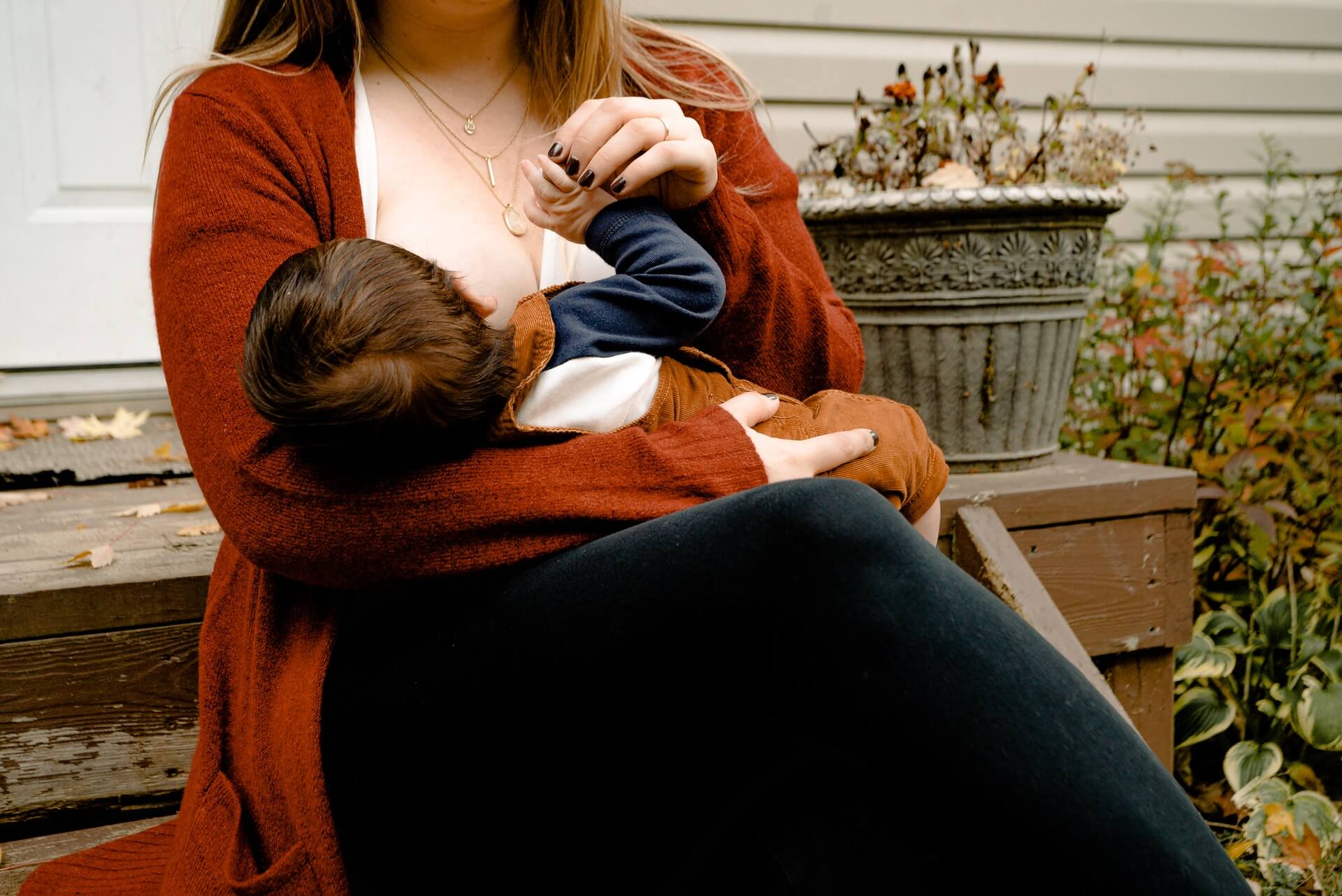CHICAGO — It’s not all up to the mother to make sure that an infant is safely breastfed and put to sleep, a new study explains. Dads play a crucial role too, according to a recent survey of new fathers using the Pregnancy Risk Assessment Monitoring System (PRAMS) for Dads.
“Our findings underscore that new fathers are a critical audience to promote breastfeeding and safe infant sleep,” says lead author John James Parker, MD, a pediatrician at Ann & Robert H. Lurie Children’s Hospital of Chicago, an internist at Northwestern Medicine, and an Instructor of Pediatrics at Northwestern University Feinberg School of Medicine.
PRAMS is a new tool that’s modeled on the annual surveillance system that the Centers for Disease Control and Prevention (CDC) and public health departments have used for over 35 years to survey new mothers. By using this model with dads, this research is the first to describe father-reported rates of infant breastfeeding and sleep practices in a state-representative sample. The researchers surveyed 250 fathers two to six months after their child’s birth.
The team found that among fathers who wanted their infant’s mother to breastfeed, 95 percent reported that their partner started breastfeeding, with 78 percent breastfeeding at eight weeks. This is significantly higher than the rates reported by fathers who were indifferent or didn’t want their child’s mother to breastfeed. In comparison, 69 percent of these fathers reported the mother choosing to breastfeed and 33 percent reported breastfeeding at eight weeks.

Interestingly, the research also showed that 99 percent of fathers reported placing their infant to sleep, yet only 16 percent did so by including all three recommended infant sleep practices: using the back sleep position, an approved sleep surface, and avoiding soft bedding.
Almost a third of fathers were missing at least one part. More specifically, Black fathers in the survey were more likely to use soft bedding than White fathers. The rate of sudden unexpected infant death is more than twice as high among Black infants than White children, and unsafe sleep might contribute to the underlying reason.
“Many families do not gain the health benefits from breastfeeding because they are not provided the support to breastfeed successfully. Fathers need to be directly engaged in breastfeeding discussions and providers need to describe the important role fathers play in breastfeeding success. Additionally, fathers need to receive counseling on all of the safe sleep practices for their infants. To reduce racial disparities in sudden unexpected infant death, we need tailored strategies to increase safe infant sleep practices in the Black community, including public campaigns to increase awareness and home visiting programs. These interventions must involve both parents to be most effective,” adds Dr. Parker in a media release.
“As pediatricians we focus on how to ensure the best health outcomes for children, with successful breastfeeding and safe sleep practices being two key behaviors that impact children’s health,” says senior author Craig Garfield, MD, MAPP, founder of the Family & Child Health Innovations Program (FCHIP) at Lurie Children’s.
“Our study highlights the fact that fathers play a big role in both these behaviors but there is more to be done to support fathers. For example, we found that fathers with college degrees were more likely to report that their baby breastfed, and they were more likely to receive guidance on infant sleep safety. To improve child health outcomes, we need to make sure that breastfeeding and safe sleep guidance reaches all new parents equitably.”
The findings are published in the journal Pediatrics and received support from the Centers for Disease Control and Prevention.
You might also be interested in:
- A sugar molecule in breast milk boosts infant brain development
- Best High Chairs For 2023: Top 5 Models For Growing Babies, According To Experts
- How to get a crying baby back to sleep: Taking a 5-minute walk does the trick!

